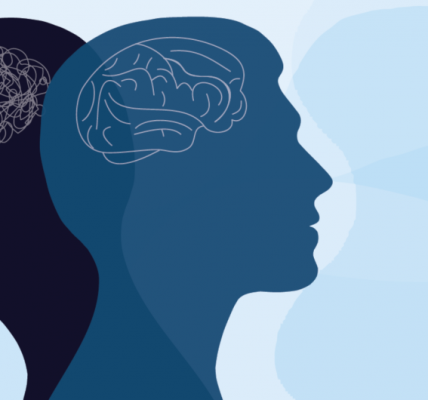Mental health stigma, the negative attitudes and stereotypes associated with mental illness, remains a significant barrier to seeking help and recovery. It can lead to discrimination, isolation, and a lack of understanding.
The Impact of Mental Health Stigma
- Delayed Treatment: Stigma can prevent people from seeking help, leading to delayed treatment and worsening symptoms.
- Discrimination and Discrimination: People with mental illness may face discrimination in employment, housing, and social situations.
- Self-Stigma: Internalized stigma can lead to low self-esteem, shame, and guilt.
Challenging Mental Health Stigma
To combat mental health stigma, we must:
- Educate Others: Spread awareness about mental health conditions and dispel myths.
- Share Personal Stories: Sharing personal experiences can help reduce stigma and encourage others to seek help.
- Practice Empathy and Compassion: Treat people with mental illness with kindness and understanding.
- Advocate for Mental Health Policies: Support policies that promote mental health and reduce stigma.
- Challenge Negative Stereotypes: Counteract negative stereotypes and promote positive representations of mental health in media and popular culture.
How to Support Someone with Mental Illness
- Listen Actively: Give your full attention and validate their feelings.
- Offer Support: Let them know you’re there for them, without judgment.
- Encourage Professional Help: Suggest seeking help from a mental health professional.
- Avoid Making Assumptions: Don’t make assumptions about their condition or experience.
- Be Patient: Recovery takes time and patience.
By working together to challenge mental health stigma, we can create a more inclusive and supportive society where everyone feels comfortable seeking help and living a fulfilling life.
Would you like to learn more about specific mental health conditions or coping strategies?




